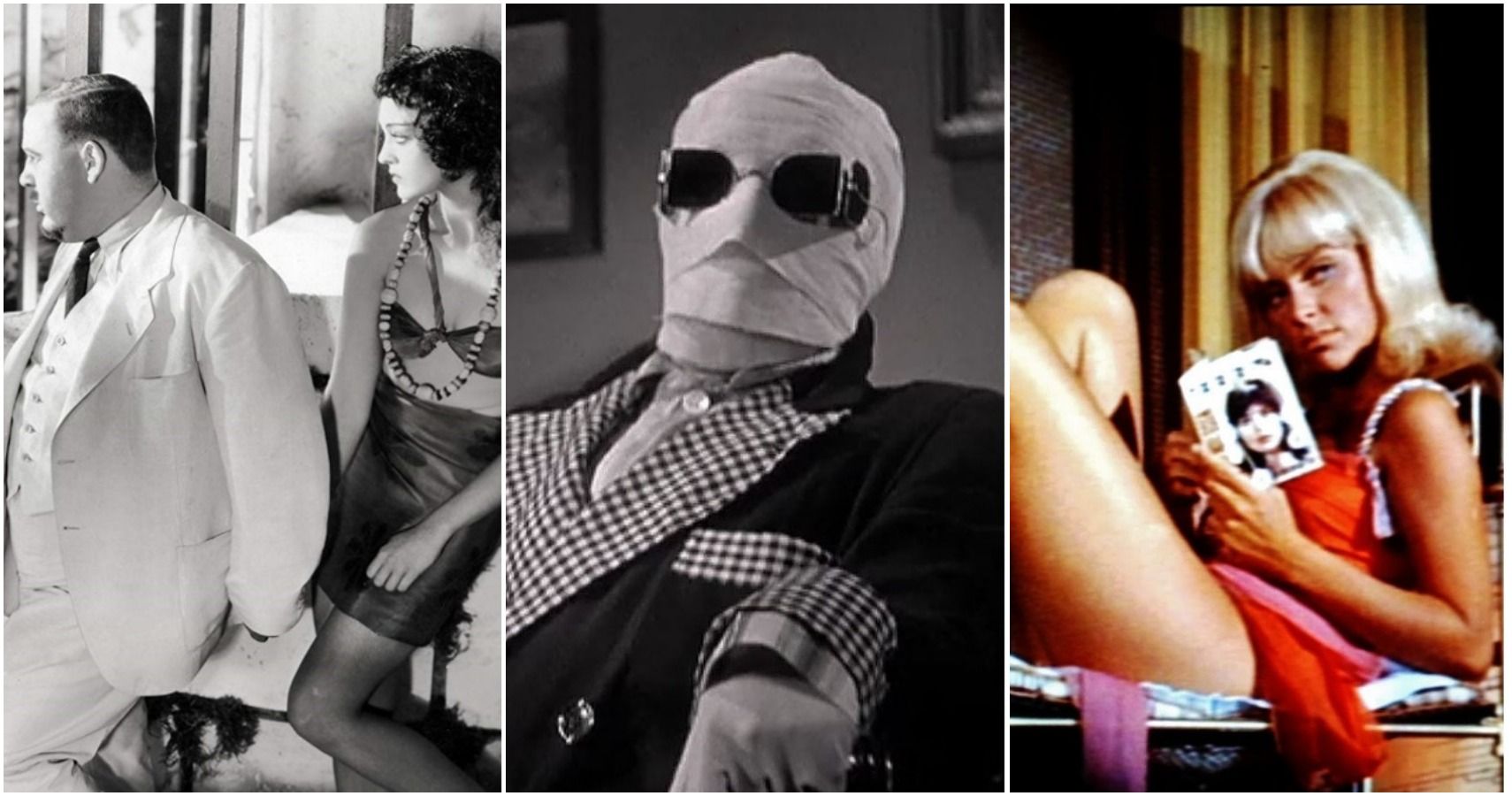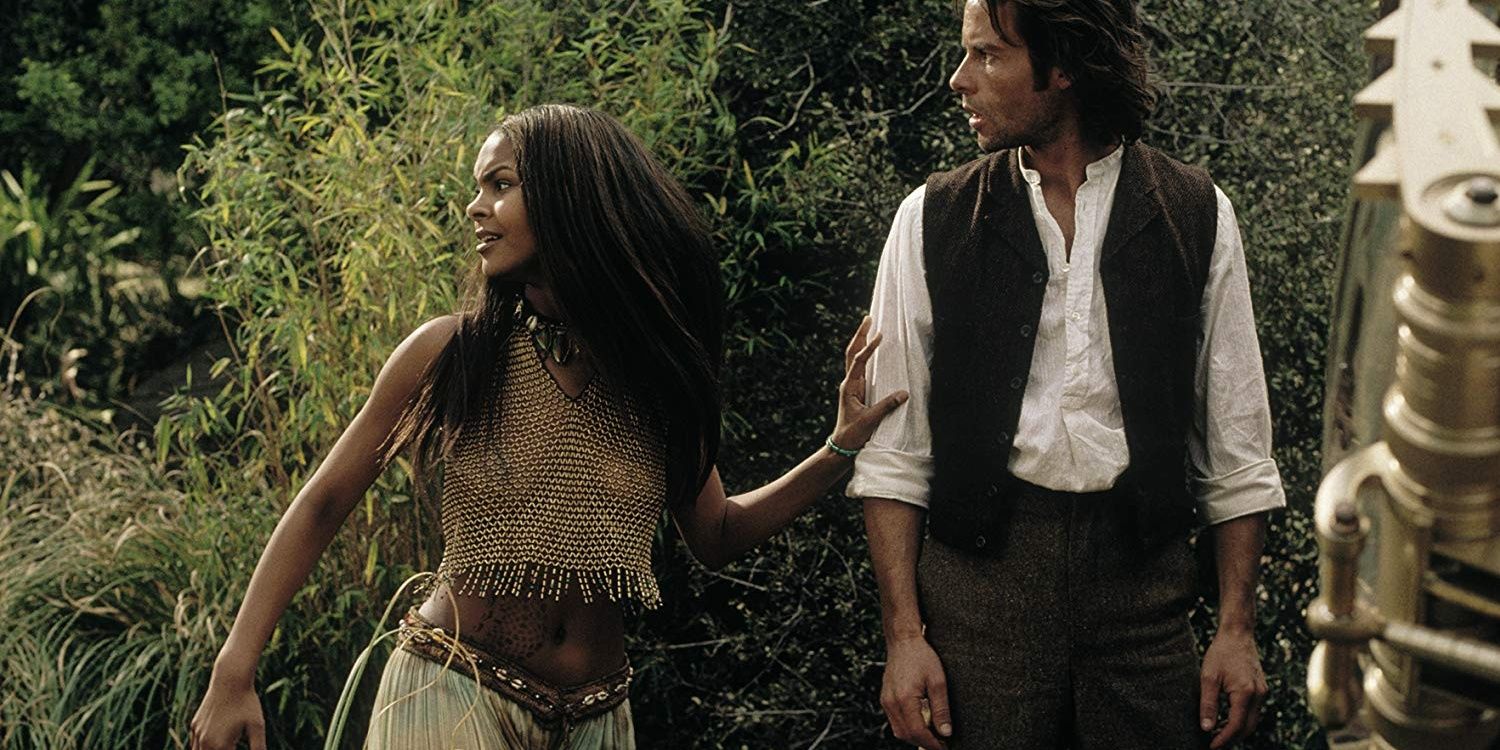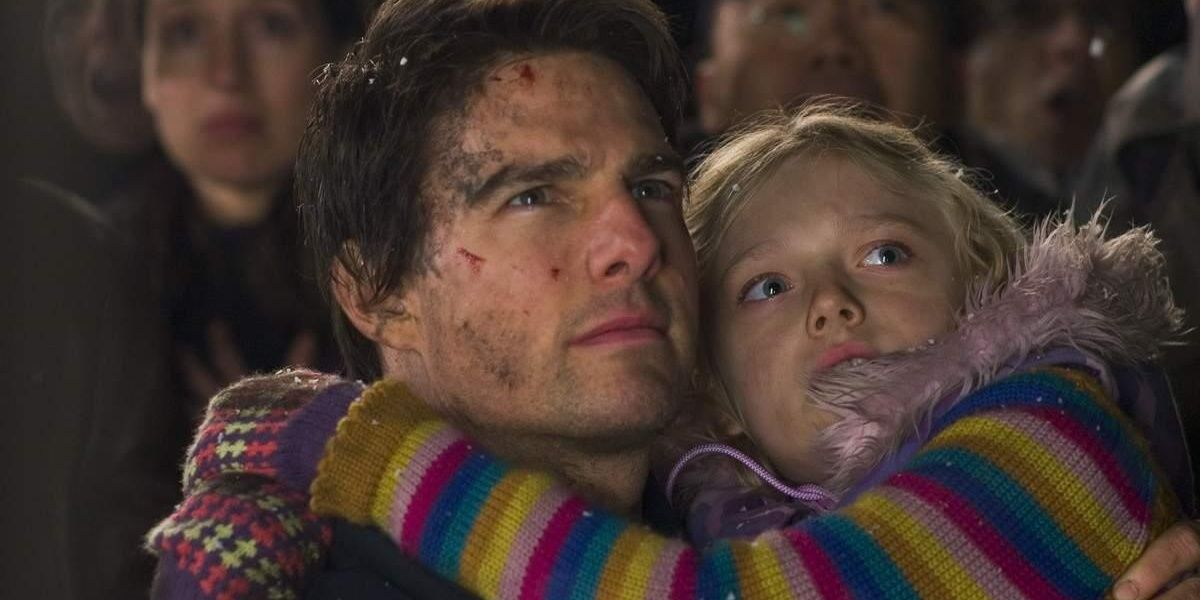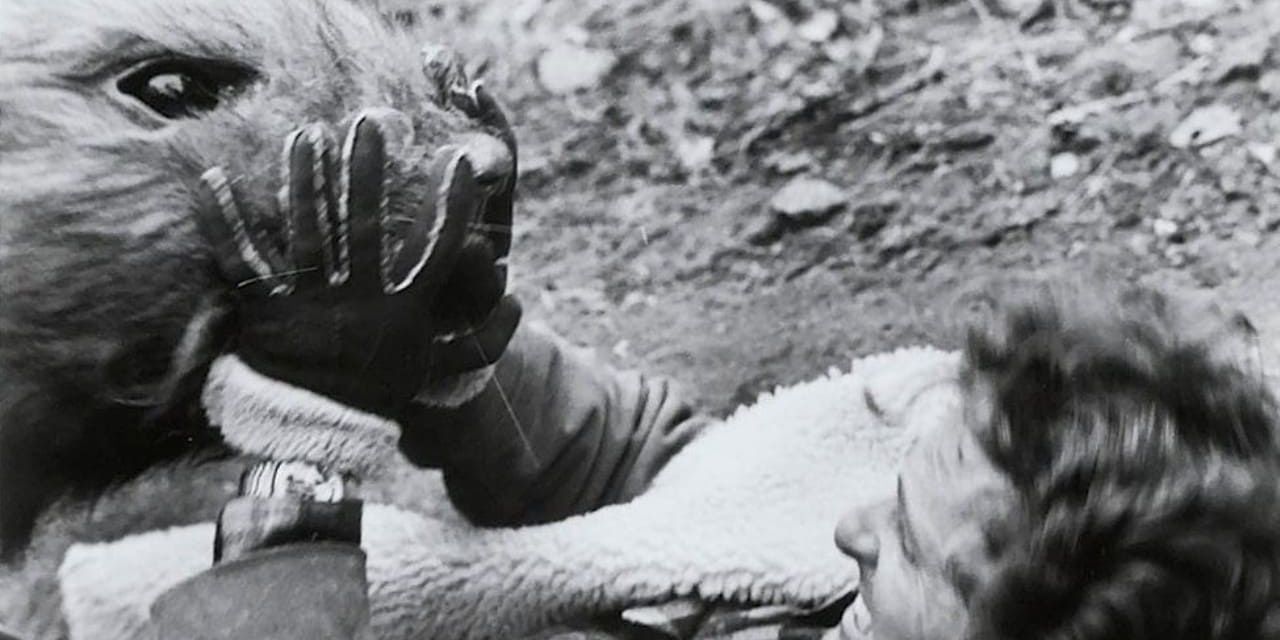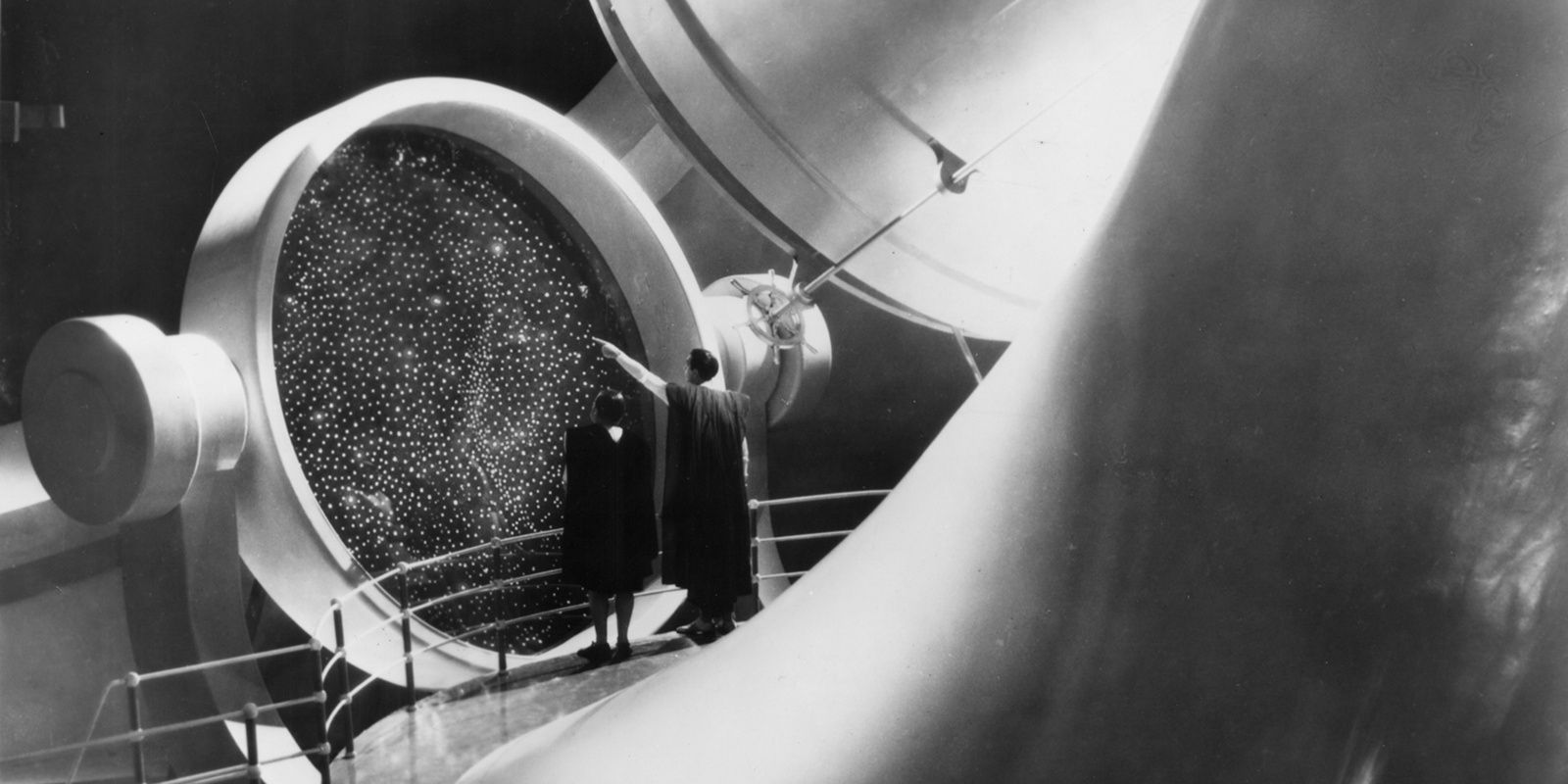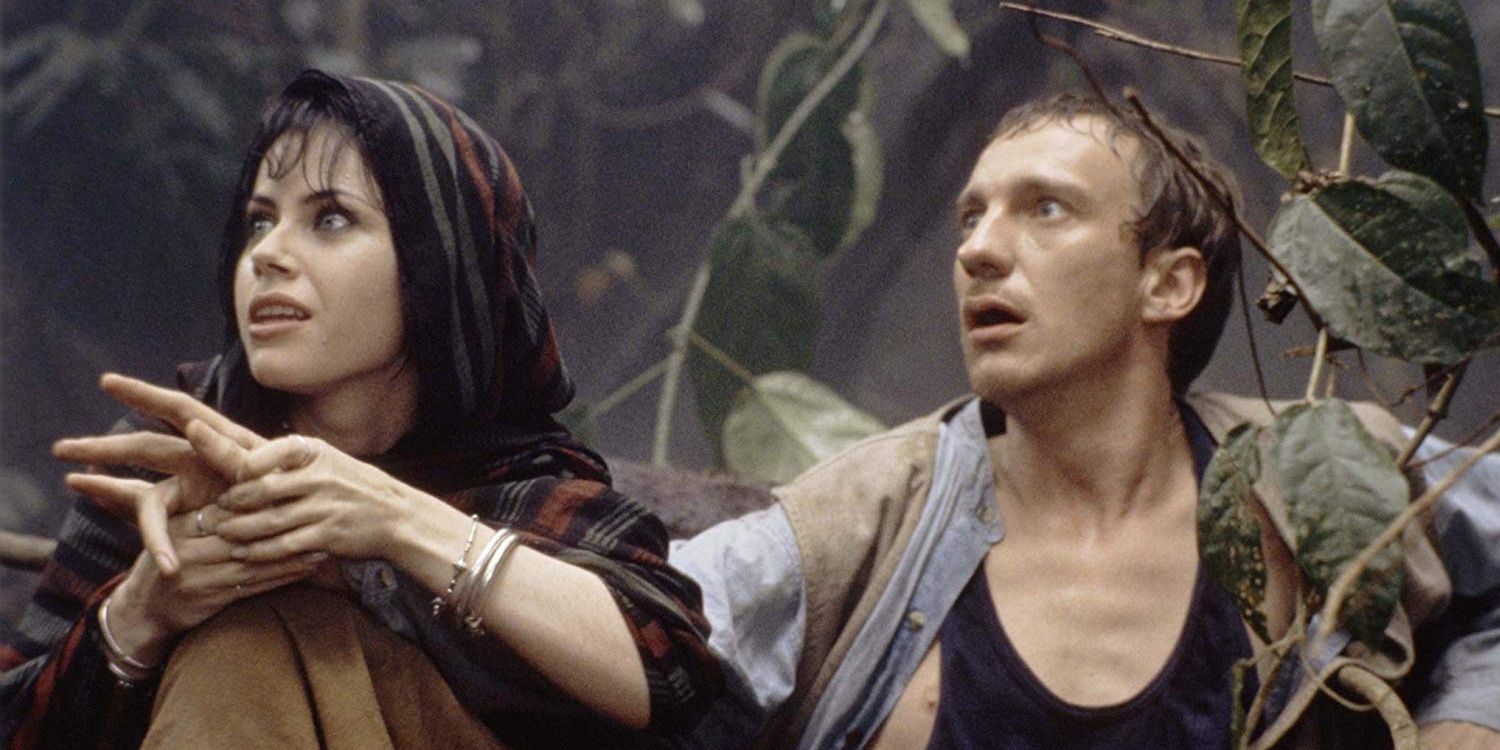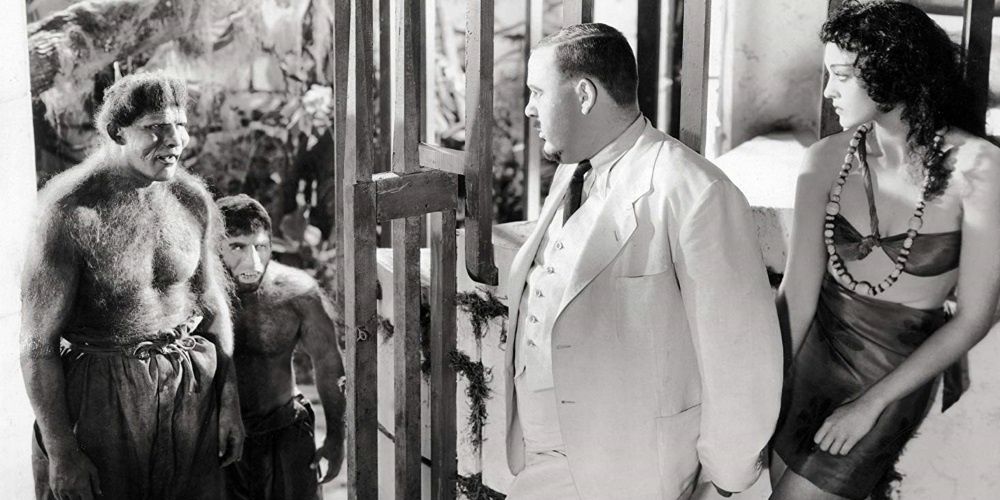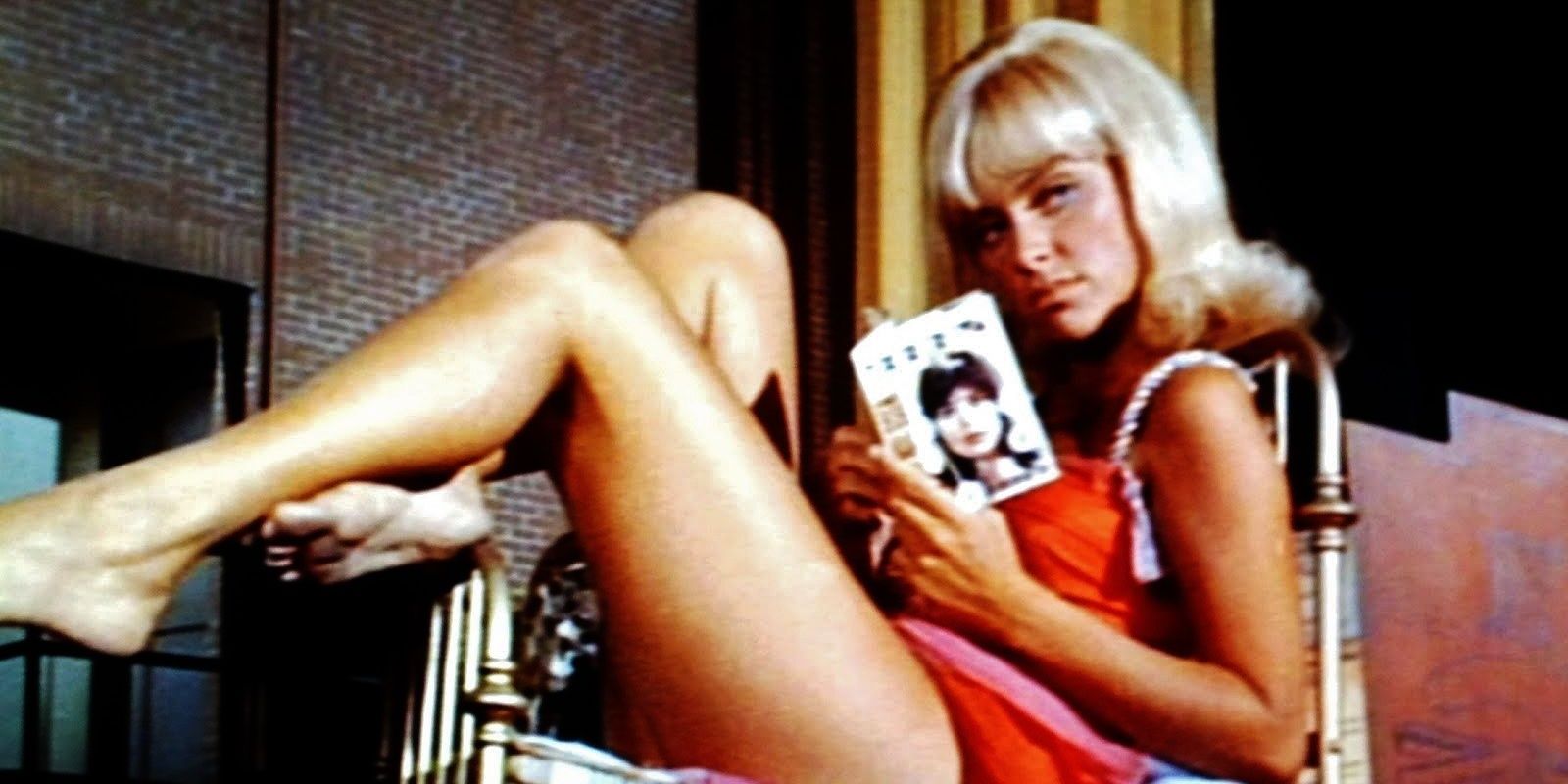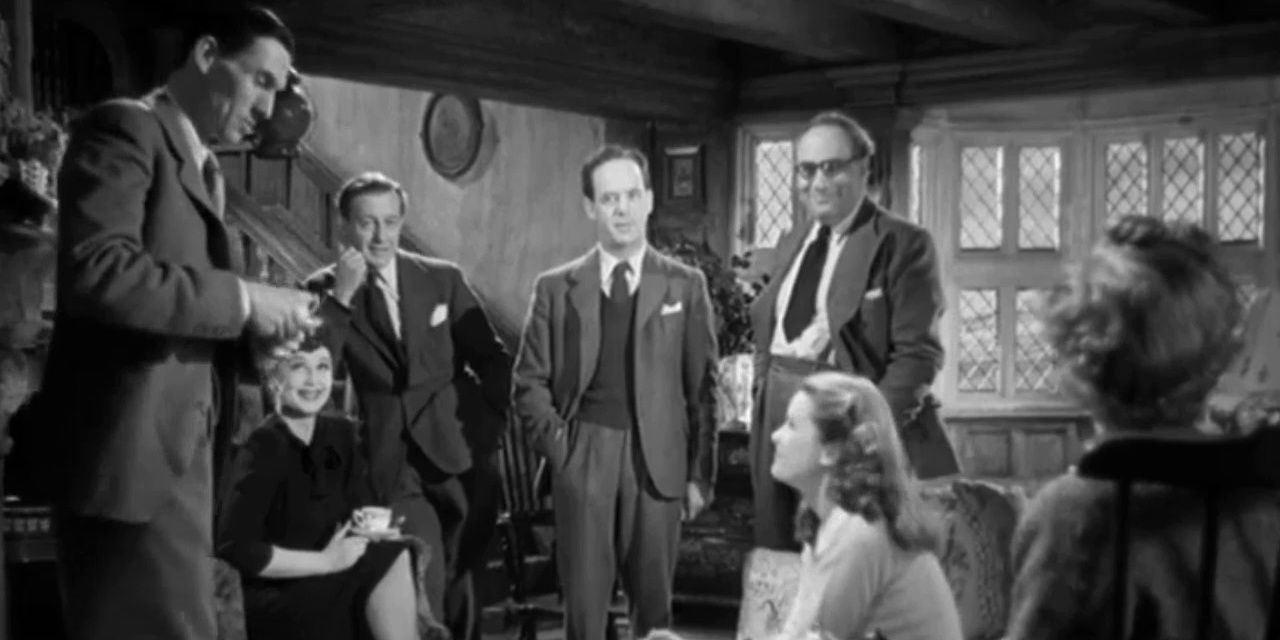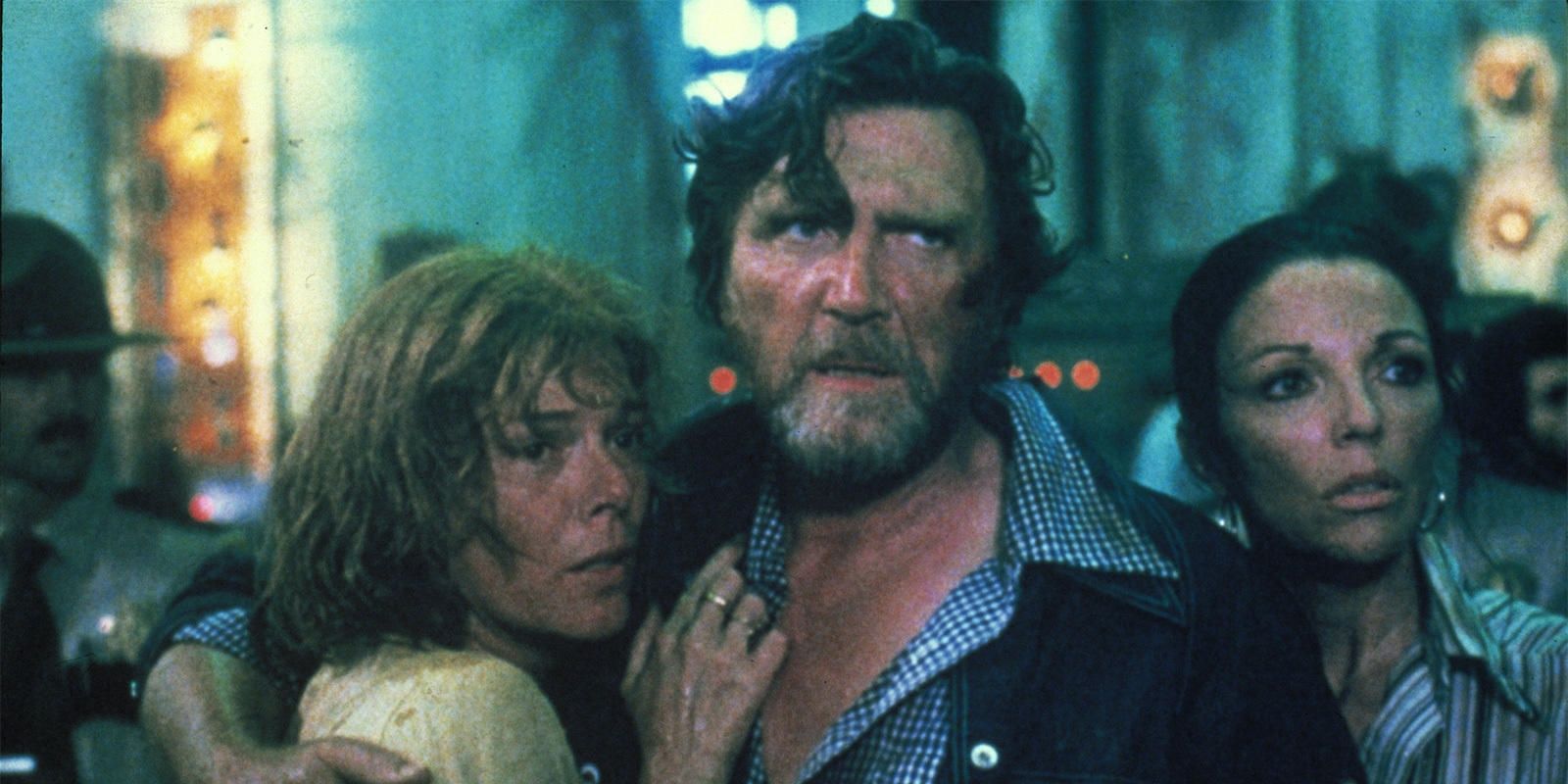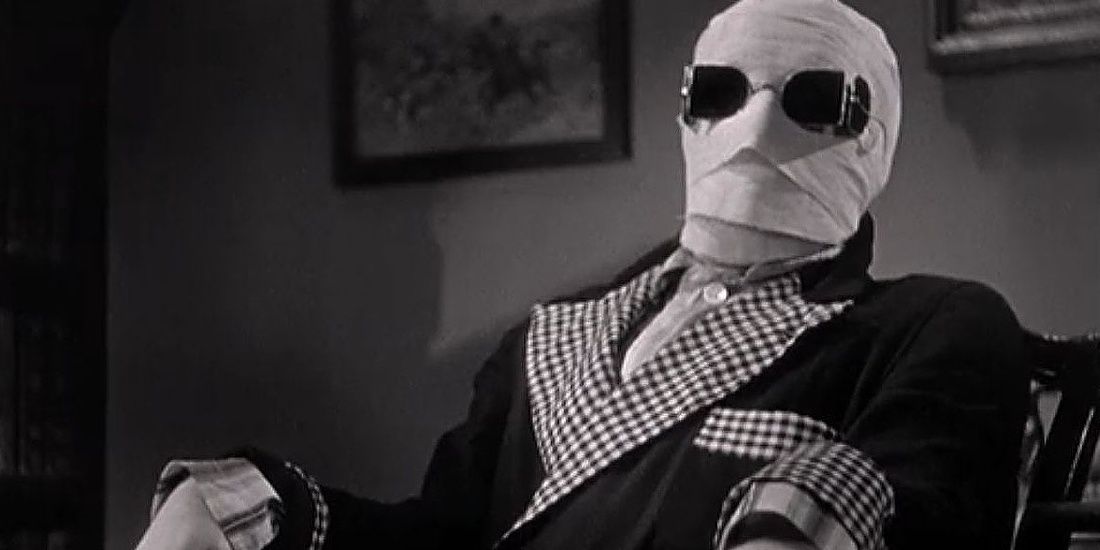H.G. Wells is one of the most famous novelists of all time, using his science fiction works to predict future advancements in technology such as the invention of airplanes and the advent of space travel.
He also pioneered many ideas that later became science fiction tropes, such as alien invasions and time travel, using these themes to present his readership with a good story that isn't "dumbed down" just because it's fantastical. With a horror adaptation of his novel The Invisible Man set to be released in just a few months, we're going to look at both the best and worst films based on his work.
Worst: The Time Machine (2002) - 29%
A loose adaptation of one of Wells' most groundbreaking novels, The Time Machine is helped along by its top-notch special effects - although it makes the rather poor choice to deviate heavily from its source material, adding new plot elements that don't always work to advance the story.
This is especially confusing since, in some aspects, the movie does try to be a faithful adaptation of the classic novel about a time-traveling inventor who encounters continuingly strange pasts and futures, especially by keeping some of the book's best characters and plotlines intact. Still, the bizarre first act and disappointing second act, plus some badly-developed characters, soured critics to this sci-fi thriller.
Best: The War of the Worlds (2005) - 86%
Steven Spielberg's big-budget adaptation of one of the most quintessential novels detailing an alien invasion, The War of The Worlds imagines a scenario in which aliens land on Earth, constructing monstrous, towering, and unstoppable machines with which to ravage our humble planet.
The futuristic illustrations of the original novel are helped along here by some incredible special effects, and the feature also boasts some of Hollywood's best actors, plus a great creative team behind the camera. It's a solid if somewhat strange reimagining of its thought-provoking source material that earned three Academy Award nominations, among various other accolades.
Worst: The Food of the Gods (1976) - 24%
One of Wells' stranger novels, The Food of the Gods and How it Came to Earth details the creation of a "superfood" that causes rapid growth in many organisms, turning children into giants. This loose adaptation focuses mostly on elements of the story relating to giant pests, focusing much less on social commentary than the original novel and instead dedicating itself to being a trite horror film featuring gargantuan Rodentia.
The script and visuals, arguably the film's two most important elements, drew the most ire from critics. Nowadays, The Food of the Gods is only remembered as a comedically bad cult horror.
Best: Things to Come (1936) - 93%
Wells tried to imagine what the future would be like in many of his works, but none so much so as his 1933 short story The Shape of Things to Come, which presented itself as a history of the world up until the year 2106 and was adapted into a film in 1936. While many historical advancements detailed in the film ended up happening in real life, like any work attempting to play the role of a soothsayer, most of its predictions were completely off the mark and never ended up happening - which only makes the adaptation more engaging.
With a solid cast of actors and a great soundtrack, Things to Come is a well-executed drama that remains one of the science fiction genre's first great films.
Worst: The Island of Dr. Moreau (1996) - 24%
Marlon Brando headlined the 1996 adaptation of Wells' acclaimed novel The Island of Dr. Moreau, about a mad scientist who creates strange, humanoid creatures on a solitary island. The film's production was notoriously difficult due to several unforeseen difficulties, and this led to a disappointing end result. The science-fiction horror film couldn't reach the levels of previous adaptations or even establish itself as a new, original version of the time-honored classic.
In the end, it bombed at the box office and was largely forgotten by fans of Wells' work in favor of better adaptations.
Best: Island of Lost Souls (1932) - 93%
Another adaptation of Dr. Moreau, this Pre-Code sci-fi follows a man stranded on Moreau's island, Edward Parker, who becomes increasingly convinced of the Doctor's sadistic tendencies. The film ran into several problems upon its release - it was banned due to featuring scenes of cruelty to animals (primarily vivisection), and, to make it worse, H.G. Wells outspokenly expressed his dislike for the adaptation.
However, as it was reexamined in later years, Island of Lost Souls quickly became a cult classic, with critics recognizing it as a high-quality production with some impressive, never-before-seen horror elements.
Worst: Village of the Giants (1965) - 0%
Oddly skewing Wells' novel The Food of the Gods into a low-budget, poorly made teensploitation film, Village of the Giants follows a group of teenagers who become supersized after coming in contact with a strange chemical substance. It pushes aside coherent story to focus on "groovy" raves featuring gargantuan young adults, with its provocative nature and special effects seeming to be its only genuine cinematic elements.
In 1994, Village of the Giants enjoyed a healthy dose of popularity after it was featured on an episode of the comedy television series Mystery Science Theater 3000, and it's since become a bizarre but effective bad-movie classic.
Best: Dead of Night (1945) - 97%
The 1945 horror anthology film Dead of Night includes cinematic adaptations of several short stories by famous writers, including Wells' The Story of The Inexperienced Ghost, which follows a man who, after a chance encounter leads to him helping a ghost get back to the spirit world, is tempted to see if he can travel there himself.
Several critics and Hollywood titans (most notably Martin Scorcese) have acknowledged the film as one of the most bone-chilling horrors ever released, and its legacy has been further established by continued praise from genre aficionados.
Worst: Empire of the Ants (1977) - 0%
American International Pictures, the creators of Food of the Gods, once again take a famous story by H.G. Wells and remove all the profound parts that don't include giant, infernal animals. Empire of the Ants follows a group interested in purchasing beachfront property on a non-descript island, led by a con-artist real estate developer who knows the land is worthless.
Out of nowhere, they're suddenly forced into a situation in which they must survive against monolithic ants, mutated as a result of exposure to toxic waste. Critics couldn't find any lasting value in this cheesy, low-quality B-movie.
Best: The Invisible Man (1933) - 100%
With the Blumhouse reimagining of The Invisible Man soon to be released, we're very interested in seeing how it stacks up against 1933's original - arguably the mac daddy of classic sci-fi horror, a film H.G. Wells himself reportedly "liked." It follows a strange man covered in bandages, revealed to be a demented chemist who has discovered the secret to invisibility, as he makes plans for his reign of terror throughout all of England.
Utilizing special effects more visually impressive than nearly any film before it, The Invisible Man very quickly became one of the most talked-about films of the decade. Critics praised its performances, writing, direction, and score.

